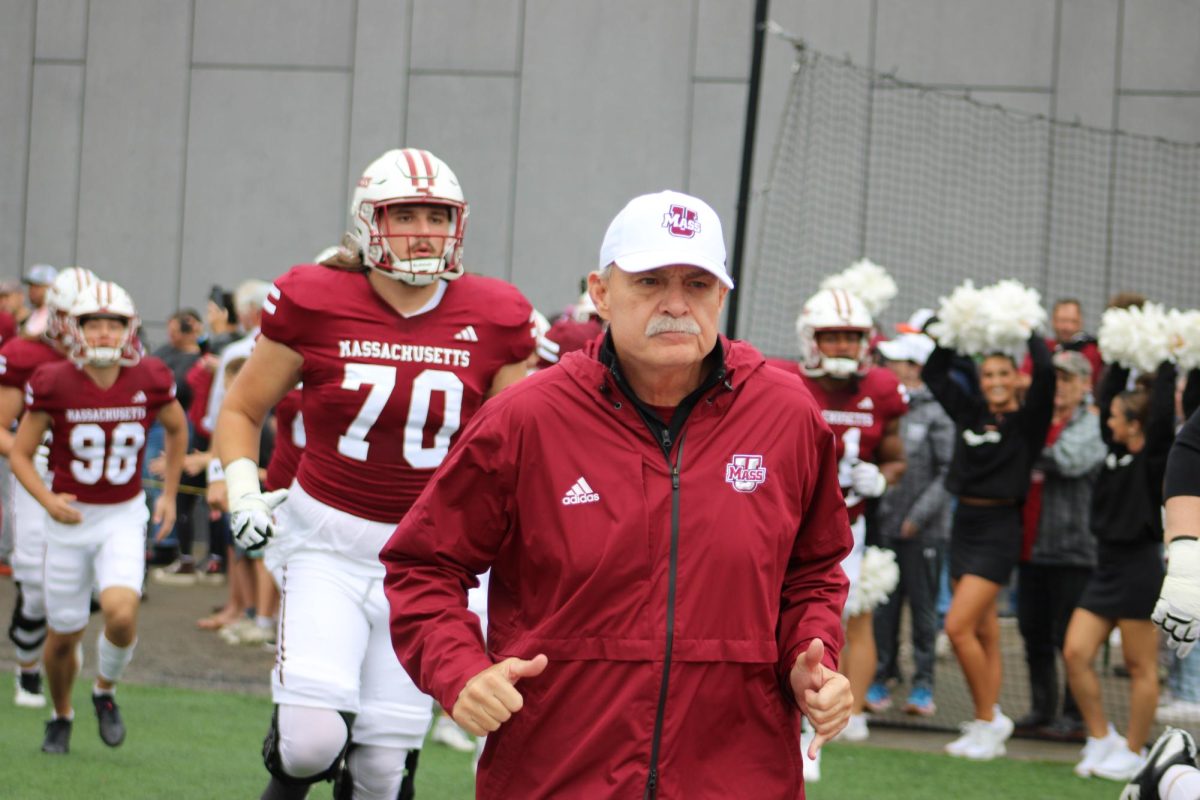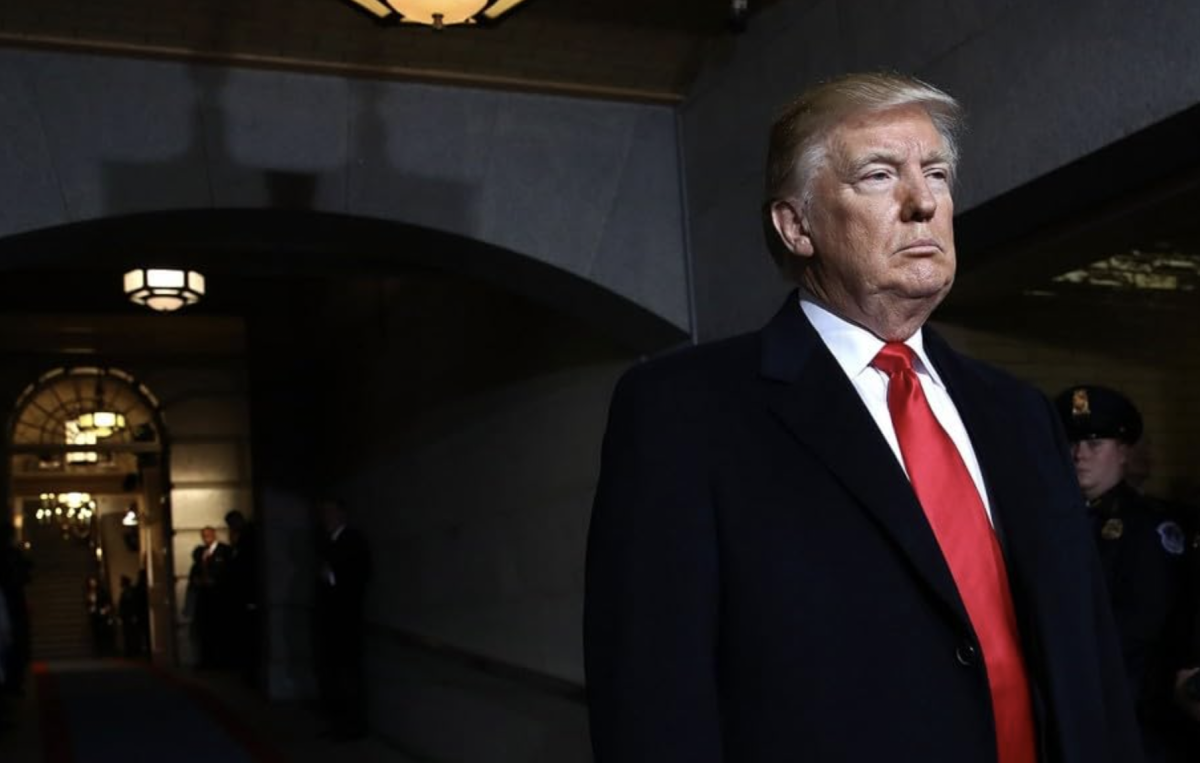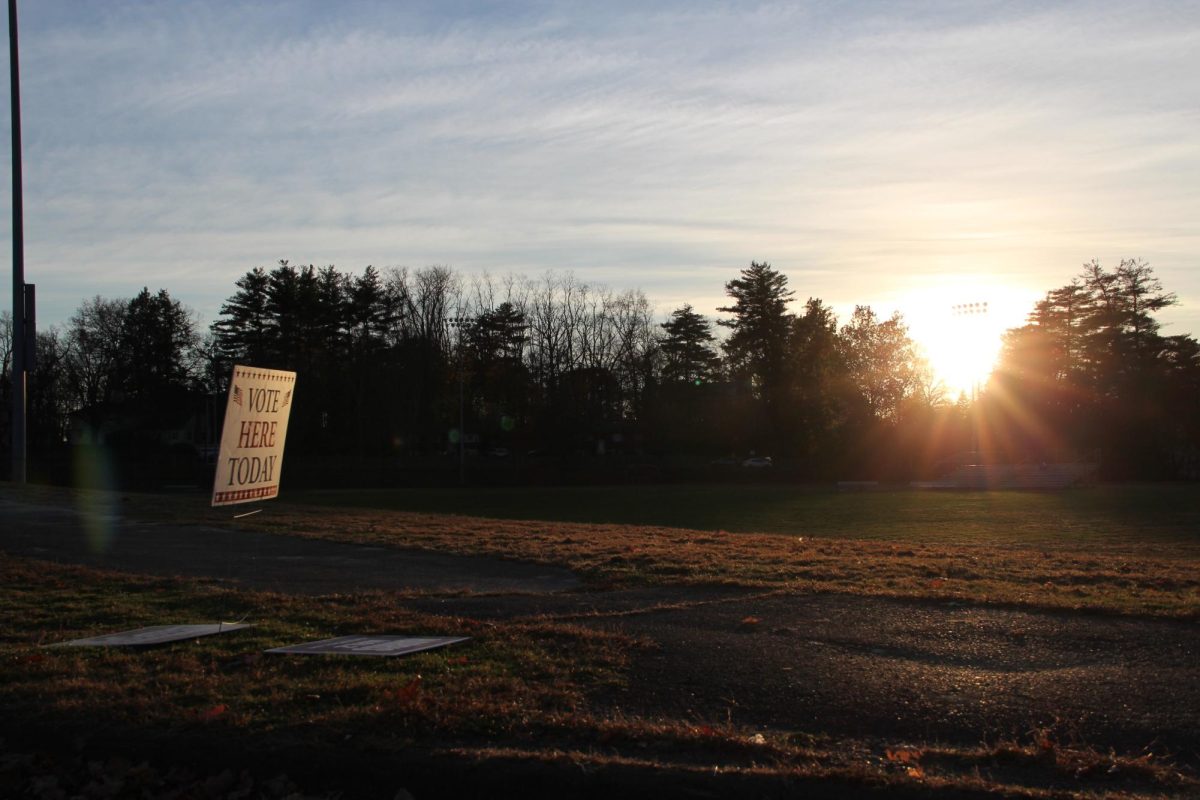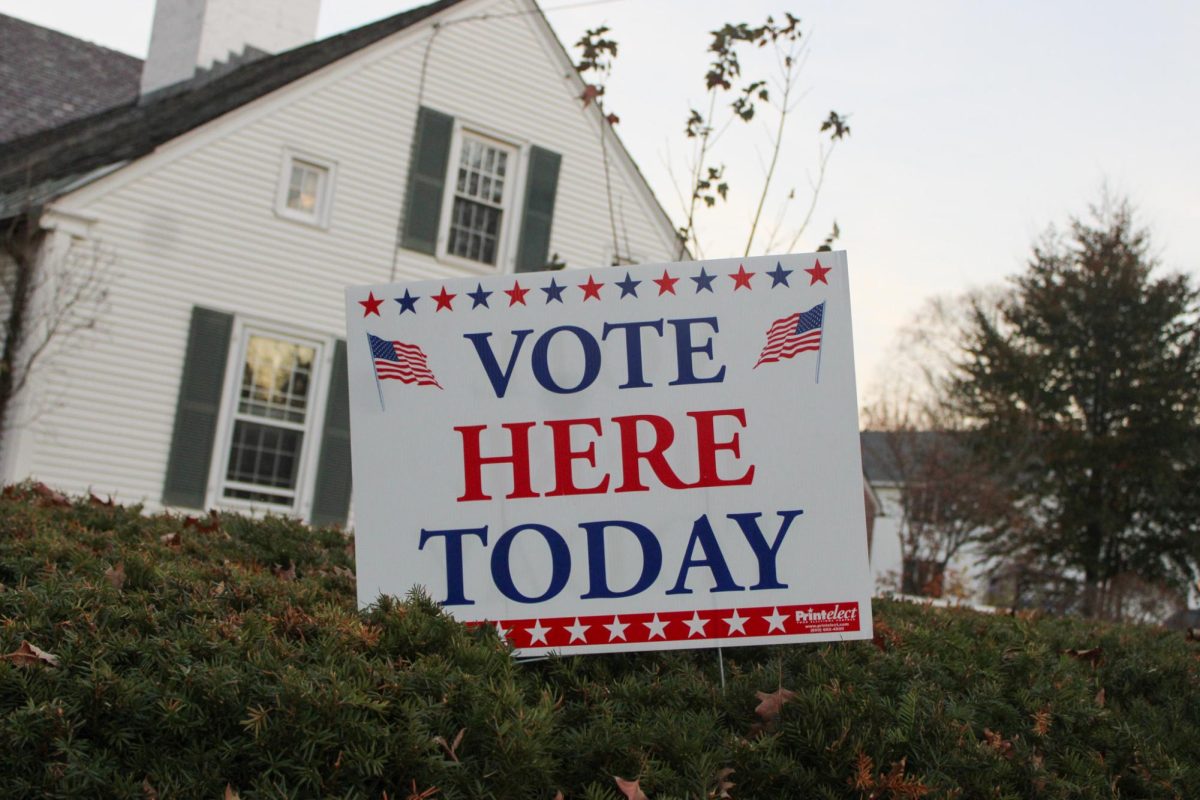
Following the grand jury decision not to charge Officer Darren Wilson in the shooting death of Michael Brown in Ferguson, Missouri, a group of students and faculty came together in the Cape Cod Lounge at the University of Massachusetts Tuesday morning to share thoughts and opinions about the outcome in an open space.
Annemarie Seifert, associate vice chancellor for Student Development, who helped organize the event, said several ideas were taken into consideration as a response to the verdict. She said, “It was the perfect collaboration to come up with something that seemed responsive and supportive to our campus community as a whole.”
Seifert continued, saying the goal was to do a word-of-mouth campaign, which was how many students who attended the event said they heard about it.
After hearing the verdict herself, Seifert said, “I thought a lot about our students, I thought a lot about the campus, I thought about the experiences of our students of color, and knew I wanted to be a part of something that allowed students to come together to talk about what they were thinking, feeling and anticipating as this semester wrapped up, and when thinking about coming back to UMass in the spring semester.”
The point of the open space, according to Seifert, was to create dialogues around other spaces on campus that students feel are important to them.
The open space was slow to start, though people began trickling in. There were three groups of about eight people each who discussed their feelings toward racism and social inequality.
Joyce Vincent, associate director for cultural enrichment at the Center for Multicultural Advancement and Student Success, led much of the group discussion, asking questions of group members.
She said one thing that has to be stopped is the feeling of white guilt, noting it is the last thing people of color want or need.

Sophomore Nathalie Irmer, who attended the event, said, “We as young people have the power to change things,” and from there, a conversation spurred about the different steps that should be taken to avoid segregation and racism. Ideas such as investing more money in education and making sure children are raised to be accepting of other backgrounds were some of the points made.
Justin Kilian, a freshman, said she noticed race is more of a socialization problem, as people are taught how to feel about other people.
Many group members also agreed the way the media handled and broadcast the coverage was done in a way that sensationalized the entire ordeal. Many had issues with terms such as “violent protests” and “riots.”
Some participants also expressed concerns about the media twisting events in order to make more money.
Perhaps one of the points that was stressed the most during that meeting space was not to feel powerless or hopeless.
“You have power where you didn’t know you had power. But it takes persistence,” Vincent said.
Catherine Ferris can be reached at [email protected] and followed on Twitter @Ca_Ferris2.


















